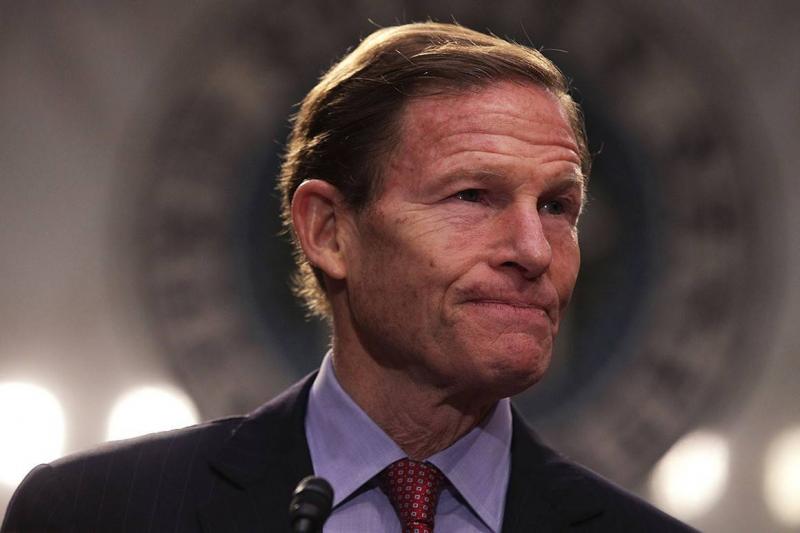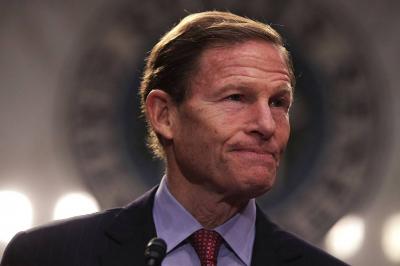An American senator, during a visit to Beirut on Wednesday, stated that Lebanon is in a state of "free fall" and its situation must not turn into a "harrowing tale." He expressed hope for the formation of a government this week to begin addressing the country's financial collapse. The statement reflects growing concern over Lebanon's situation, where the financial collapse that began in 2019 has escalated into a severe crisis last month, marked by a fuel shortage that paralyzed the country and ignited security incidents, along with warnings that worse is to come.
Another senator in the U.S. congressional delegation mentioned that the Iranian fuel shipped to Lebanon by the Hezbollah group comes with complications, dismissing it as an Iranian attempt to "seize the moment." The financial crisis represents the greatest threat to Lebanon's stability since the civil war that lasted from 1975 to 1990. More than half of Lebanon’s population of six million has fallen into poverty. The World Bank states that the country is experiencing one of the worst recessions in modern history, with the currency's value plummeting by more than 90% and the financial system paralyzed.
Senator Richard Blumenthal told reporters at the end of a two-day visit, "Lebanon is in free fall... we've seen this film before, and it's a harrowing tale... but the good news is it can and should be avoided." Lebanese politicians, who have failed to take any measures to stop the collapse, have been quarrelling for over a year about forming a new government to replace the one that resigned following the Beirut port explosion on August 4, 2020. Forming a new government capable of implementing reforms is a necessary condition for the flow of foreign aid. The United States is the largest foreign aid donor to Lebanon.
The congressional delegation met with Lebanese leaders including President Michel Aoun, who expressed hope for the formation of a government this week, according to a presidential statement. Aoun, an ally of Hezbollah, has several times expressed optimism regarding an agreement on a government soon. Senator Chris Murphy, chairman of the committee handling Middle Eastern issues in the U.S. Senate Foreign Relations Committee, told reporters, "We heard good news today," adding that he expects a government to be formed possibly by the time he returns to his country.
Aoun's opponents accuse him and his party, the Free Patriotic Movement, of obstructing the government formation by demanding one-third of the ministries, which gives them effective veto power. Aoun denies this and told the U.S. Senate delegation, "Many obstacles have been overcome."
Amid the state's turmoil, Hezbollah announced last month that it is importing fuel oil from Iran, claiming it seeks to alleviate the crisis. His opponents argue that this further undermines state authority and puts Lebanon under U.S. sanctions. Washington classifies Hezbollah, which has long been part of Lebanon's political system, as a terrorist organization.
On Wednesday, the Minister of Energy in the caretaker government stated that an important permit for shipping fuel has not been issued. The United States is in discussions with Egypt and Jordan regarding a plan to ease Lebanon's electricity crisis. The Lebanese presidency stated that it involves using Egyptian gas to generate electricity in Jordan, which is transported through Syria, a country under U.S. sanctions that include what is known as the Caesar Act. Senator Chris Van Hollen said, "The complication, as you know, is the transportation through Syria... We are looking for ways to address this despite the Caesar Act."




